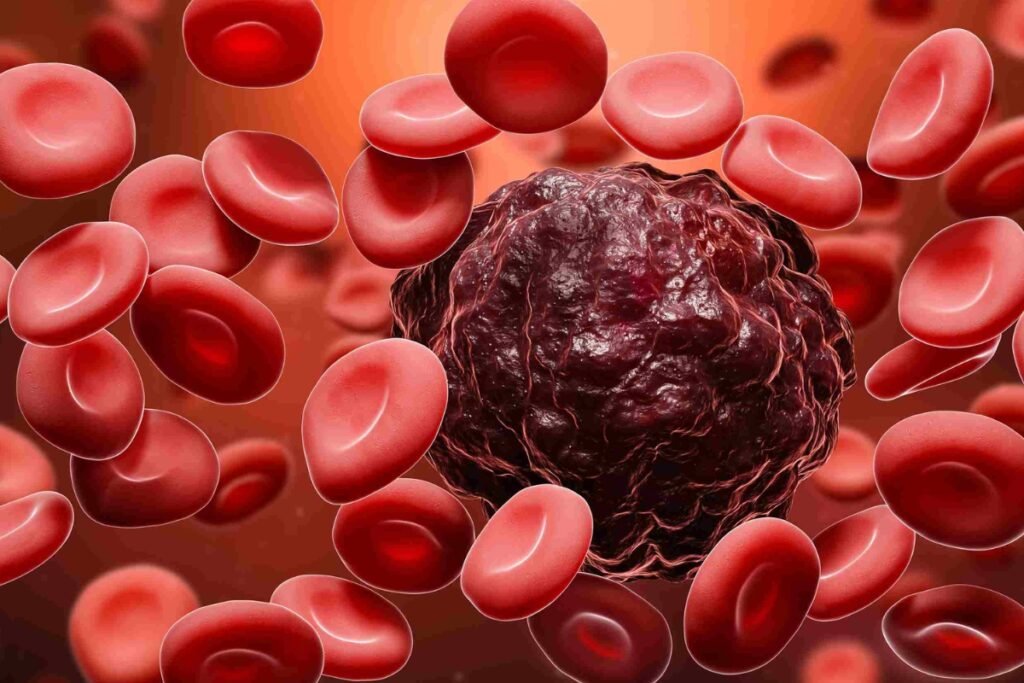Kura Oncology’s recent presentation at the European Hematology Association (EHA) 2023 conference highlighted the impressive clinical potential of ziftomenib in the treatment of relapsed or refractory (R/R) NPM1-mutated acute myeloid leukemia (AML). With its notable efficacy, long-lasting remissions, and well-tolerated safety profile, ziftomenib is emerging as a potential breakthrough in the battle against this challenging disease.
The study showcased an outstanding overall response rate (ORR) of 45% for ziftomenib, with a complete response (CR) rate of 35%. These results indicate that a significant number of patients experienced meaningful clinical improvements with ziftomenib monotherapy. Furthermore, the drug proved effective in eliminating minimal residual disease (MRD) and yielded positive outcomes in patients with additional co-mutations, such as FLT3 ITD/TKD and IDH1/2.
One of the key findings of the study was the observation of durable remissions in patients treated with ziftomenib, including those with foundational NPM1 mutations and other critical co-mutations. The occurrence of resistance mutations was rare, and ziftomenib maintained its effectiveness against common menin gatekeeper mutations. These results suggest that ziftomenib could offer a long-lasting and potent treatment option for patients with R/R NPM1-mutated AML.
Ziftomenib demonstrated a favorable safety profile, with no drug-induced QTc interval prolongation and manageable dose-related toxicities. The absence of anticipated adverse drug-drug interactions further supports the potential for combining ziftomenib with other therapies. These positive safety features make it easier and more practical to integrate ziftomenib into treatment plans.
Currently, the pivotal KOMET-001 trial is underway, actively enrolling patients with R/R NPM1-mutated AML to further investigate the efficacy and safety of ziftomenib as a monotherapy. Additionally, the KOMET-007 Phase 1 trial (NCT05735184) is open for enrollment, exploring ziftomenib in combination with existing intensive chemotherapy (IC) and non-intensive chemotherapy (NIC) standard-of-care (SOC) treatments in newly diagnosed and R/R NPM1-mutated or KMT2A-rearranged AML patients.





























